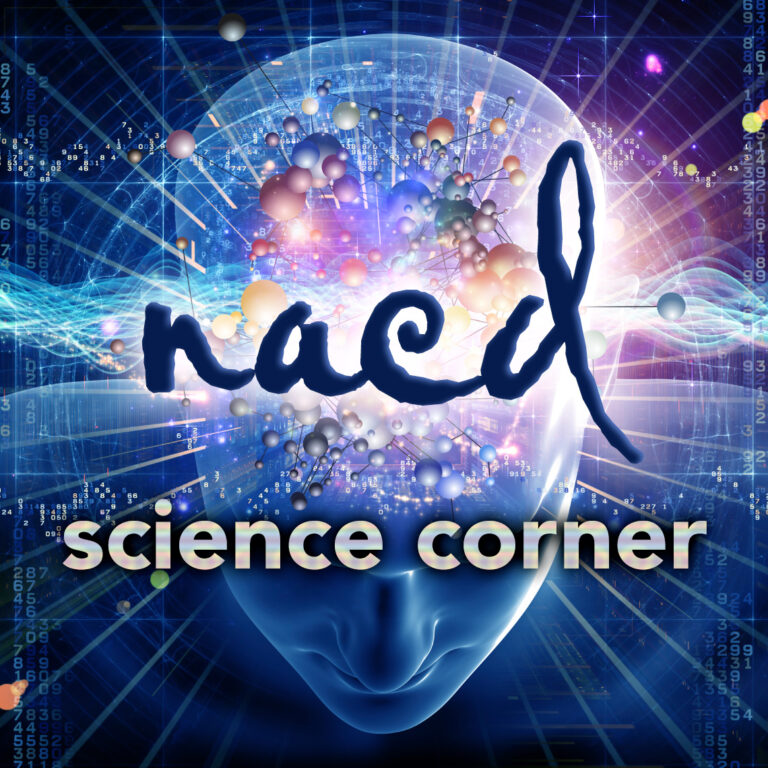Down Syndrome: “Bill Davies”
When our son Bill was born we had no idea what an extraordinary journey we were embarking upon. It has been one fraught with times of fear, disappointment, sadness, frustration and many roadblocks. However, the joy, the good times and his amazing success in all of his endeavors have far outweighed the bad. He has opened a whole new world to us we have watched him grow, learn, and develop into the very kind and caring young man he is today.
At birth, Bill was diagnosed with Down Syndrome and the pediatrician advised us to put him into a institution as he would never be capable of learning anything. We ignored his prediction. He was a child that had been given to us and we wanted to do our best for him and raise him the same as any other child.
I began doing my own research; it took three and a half years to find the things that worked. Doctors and educators in our province were unable to give me the information I needed or provide the programs that were effective. The first useful therapy I learned of was Cell Therapy provided by a doctor from Germany. This therapy helps to correct a metabolic error in people with Down Syndrome that causes the retardation of growth and development of the brain and other organs. Shortly after starting Bill on this therapy we learned of the National Association for Child Development in the United States. This was under the direction of Robert Doman who did neurological assessments and set up individual teaching programs, which were done at home. We began taking Bill to the US every tree months for assessments. Changes to his home teaching program, which was designed specifically for his stage of development, were made as he progressed. The program consisted of exercises and activities of stimulation for brain development as well as academic skills.
Bill was 4yrs. 2 mos. When he started the program and within three months was reading his first Lady Bird books. He also knew the alphabet, both upper and lower case, and was learning to count and recognize numbers.
At age 6 yrs. 1 mos. he entered public school in Grade 1. He was quite a good reader by this time which was very interesting as none of his classmates, who were several months older, had yet begun to read.
In the elementary grades the teachers had no expectations for him in regards to learning but we continued with the neurological assessments and followed programs and activities that were advised. While they were having him do adding and subtracting at school he was already doing multiplication and division at home. The teachers did not have him learning cursive at school as they thought it would be too difficult for him and was unnecessary. We disagreed and he proceeded to learn at home. In grade 6 he was not able to read music. He was disappointed so I asked if he could take piano lessons instead. He started piano lessons the middle of October and by the end of December he was playing well enough to play two selections for the Christmas concert. He went on to finish Book 4 of the Leila Fletcher music course at which time his teacher retired. In Grade 7 students were to begin learning French. Again, Bill was to be omitted. We demanded that he at least be allowed to try. The mark he made on his first examination was 76%; as a result he went on to take three years of French.
Bill continued to have neurological assessments and followed the home teaching program along with regular school all the way through Grade 12. He did very well with all subjects at school and in spite of the fact that the teachers predicted that he would never be able to do anything with math, except add and subtract, he seemed to have a good understanding of math concepts and was able to do some algebra.
Bill graduated from high school in 1998 at age 17yrs. He gave the welcoming address at the beginning of the exercises and the thank you speech at the end of the program.
We didn’t know just what our next stop would be but he continued learning at home as he had hopes of going on to College or University.
In September of 1998 he enrolled in Speech Arts at Lethbridge Community College and also registered in a GED high school equivalency course to keep the school courses fresh in his mind. He made great progress in all he was doing but in January 1999 another door opened for him. The Lethbridge Community College started a program for students with disabilities, which was completely different from programs that had been tried in the past. This program, which is called Campus Connections, takes in a limited number of students so they can be integrated in a way that will prevent them from being grouped and segregated. Students were allowed to take courses of interest to them with the approval of the instructors. They usually only audit the courses so they do not have to write exams and do not receive credit. In spite of this they learn many things and become more independent and develop good social skills. Bill was an exception as he wrote exams in all the courses he took, always had passing marks and was allowed to claim credits for Psychology, Communications, Canadian Government History, Criminology, Public Speaking, Rehabilitation Class, Dance, Computers, Karate, Phys. Ed, Human Relations, Mathematics.
While in College he played volleyball two evenings a weeks. He also volunteered one morning a week at an elementary school where he assisted students with reading and math. He also worked as a volunteer patient escort at the Lethbridge Regional Hospital and helped out in the babysitting room at the YMCA.
He has continued with Speech Arts and has also been in Musical Theater. He has done some very interesting things in Speech arts, has received several First Place certificates in the Kiwanis Music Festival over the past few years. He has also done quite well with Musical Theater and has received some Second and Third place certificates. Getting on key was very difficult for him but he loves to sing and is steadily improving. He also loves dancing which he is getting quite good at. He loves to perform and just comes alive on stage. He seems to have the ability to draw the audience right in.
He did very well with public speaking and had the opportunity to speak to a group of parents and educators at a seminar, while he was still going to college. He also gave a talk to the Board of Governors at the College, his presentation was very well done and he left the group with looks of surprise and amazement on their faces. He has been a great promoter for the Campus Connections program. The Board of Governors has deemed it a worthwhile program and has since taken in 4 more students.
For the summers Bill has worked in grocery stores, restaurants, at a Golf course, and his best job was actually working as a maintenance person for the Red Cross.
Bill graduated from the College program in the spring of 2002 and since the fall of 2002 has been enrolled in the Teacher Assistant Program through the University of Calgary. He has completed five of the nine courses needed to complete the program, he has just started the 6th one this month. So far he has taken Roles and Responsibilities of the Teacher Assistant, Facilitating Speech and Language Learning, Assisting in Language and Learning, Assisting in the Mathematics Learning, Fundamentals of Effective Communication. He has had passing grades in all these courses, all marks between 75 and 80 %.
Bill’s success has certainly been due to proper neurological assessments and teaching programs combined with medical interventions that may seem somewhat unorthodox but have been effective. Family, friends and spiritual support have also contributed. Bill attends church regularly and has great faith. I truly feel that God has a special plan for him, as things just seem to keep falling in to place whenever we get discouraged. Bill has been a groundbreaker in so many areas that in the future I think he will be a great spokesperson for people with disabilities.
Bill also has a girlfriend and in the future, when he becomes established in a full time job, he hopes to marry and have a family of his own.



